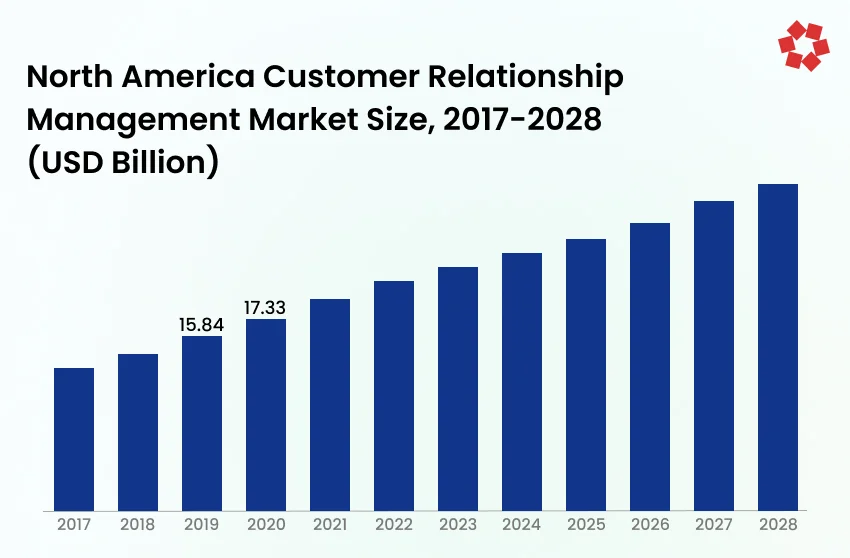Introduction
In today’s rapidly advancing digital business landscape, the bond between businesses and their customers stands at the heart of success. This connection, driven by technology and reshaped by digital nuances, demands more than just traditional outreach. As the frontier of business interaction expands, it brings forth a new set of expectations and opportunities. Within this dynamic backdrop, the value of robust customer relationships has become paramount.
Witnessing unparalleled growth, the CRM industry has not just evolved, but has become instrumental in revolutionizing how businesses interact, understand, and cater to their customers. This transformation is more than just about technology; it’s about leveraging the strengths of CRM development services and platforms to nurture genuine, transparent, and empathetic relationships. After all, it’s these relationships that are the building blocks of trust, loyalty, and sustained business growth in the digital domain.
Leading Web App Development services and CRM software companies, including our experienced team, are at the forefront of this shift. Offering solutions that go beyond mere data management, modern CRM systems present businesses with the tools they need to understand, predict, and respond to customer needs in real-time.
As we segue into the nuances of the digital age, it’s essential to understand the symbiotic relationship between CRM solutions and the digital transformation wave. Where once customer relationship management leaned heavily on face-to-face interactions, the digital age, powered by devices and platforms, underscores the indispensable benefits of using a CRM system. Especially in an era where mobile CRM adoption rises, businesses are discovering innovative ways to meet, and often exceed, customer expectations.
To truly grasp the potential of CRM in this digital epoch, we’ll delve deeper into understanding customer expectations in the digital age and how CRM solutions are not just meeting, but setting new benchmarks in customer relationship excellence.









